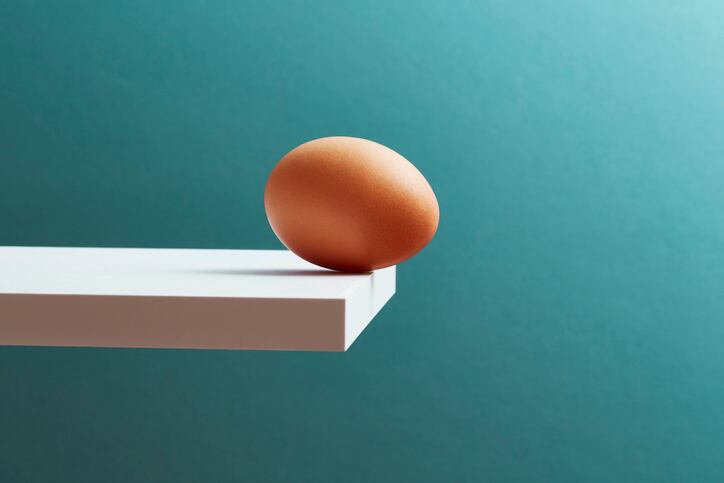New research funded by Apsen Farmacêutica company, Lallemand Health Solutions’ commercial partner, was recently published in the journal Nutrients.
The work aimed to evaluate the effect of Cerebiome–a psychobiotic that contains a proprietary combination of Lactobacillus helveticus R0052 and Bifidobacterium longum R0175–on the gut microbiota of mildly anxious adults using the SHIME model. The Simulator of the Human Intestinal Microbial Ecosystem (SHIME) is a dynamic replica of the human gastrointestinal tract, which allows the tracking of probiotic passage through the stomach, small intestine, and colon of anxious donors.
The new findings suggest the combination exerts a positive influence on the gut microbiota of individuals with mild anxiety while the authors said it offers a new perspective of the use of psychobiotics as a main player of therapeutic targets.
Study details
The study involved a one-week control period and two weeks of treatment with L. helveticus R0052 and B. longum R0175. Ammonia (NH4+), short chain fatty acids (SCFAs), gamma-aminobutyric acid (GABA), cytokines and microbiota composition were determined.
The gut–brain axis plays a major role in the gut microbiota, including the production of SCFAs and GABA, which stimulate anti-anxiety homeostasis.
Findings
The authors found that the SHIME study showed for the first time Cerebiome’s ability to balance the gut microbiota and decrease the abundance of bacterial genera which are associated with anxiety symptoms and inflammation (Lachnospira and Escheria-Shigella). Additionally, an increase of GABA production was observed after 14 days of probiotic intake, when compared to the control period. GABA is an important neurotransmitter in the central nervous system, for which a deficiency is usually observed in individuals with anxiety-like behaviors. Another finding reveals that the probiotic intake significantly decreased ammonia (NH4+) production, when compared to the control period. Ammonia is observed in excess in individuals with motor and cognitive dysfunctions. This report also confirms that Cerebiome strains survive the gastrointestinal passage, significantly increase the SCFAs and exerts a positive effect on cytokine secretion in the gut.
Conclusion
The authors conclude that the combination of L. helveticus R0052 and B. longum R0175 can modulate the gut microbiota by increasing GABA and SCFAs, decreasing pro-inflammatory cytokines and increasing the anti-inflammatory ones.
“Therefore, L. helveticus R0052 and B. longum R0175 showed it is a promising psychobiotic…and opens a new perspective of the use of psychobiotics as a main player of therapeutic targets,” the authors wrote.
“The use of psychobiotics (probiotics with neuropsychiatric action), especially L. helveticus and B. longum, has been an area of interest in the search for better monoamine homeostasis and, likewise, for the reduction of inflammatory processes underlying the disorders. Using the SHIME model, we were able to verify the increase of the gamma-aminobutyric acid (GABA) and of the short chain fatty acids, the reduction of pro-inflammatory cytokines and the increase of the anti-inflammatory ones, among other findings, indicating that knowledge of the brain–gut axis may be increasingly important in our daily clinical practice,” said co-author Dr. Antonio Medeiros Peregrino, Psychiatrist, Master in Neuropsychiatry and Behavioral Sciences and PhD in Tropical Medicine.
Source: Nutrients
2023, 15(6), 1521; doi.org/10.3390/nu15061521
“Exploring the Potential of Lactobacillus helveticus R0052 and Bifidobacterium longum R0175 as Promising Psychobiotics Using SHIME”
Authors: F. de Oliveira
Probiota Americas: Connecting the Business & Science of the Microbiome
Please join us June 14-16, 2023, in Chicago for Probiota Americas.
From tech advances such as CRISPR and A.I. to microbiome modulation for women’s health, and from macro and micro insights from dietary supplement CEOs to LBPs in the USA, Probiota Americas will cover a range of topics. The 2023 must attend event will connect the business and science of the microbiome industry in North America.
For more information, click here.


